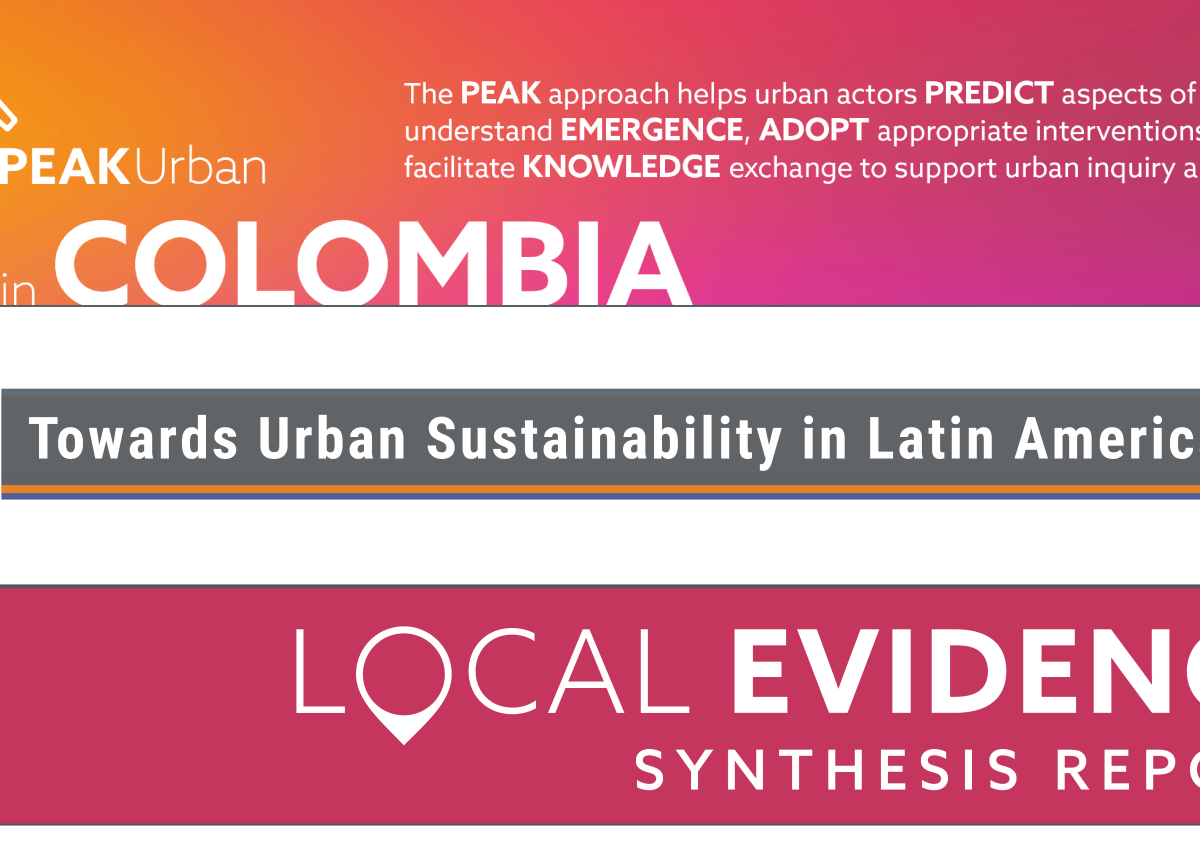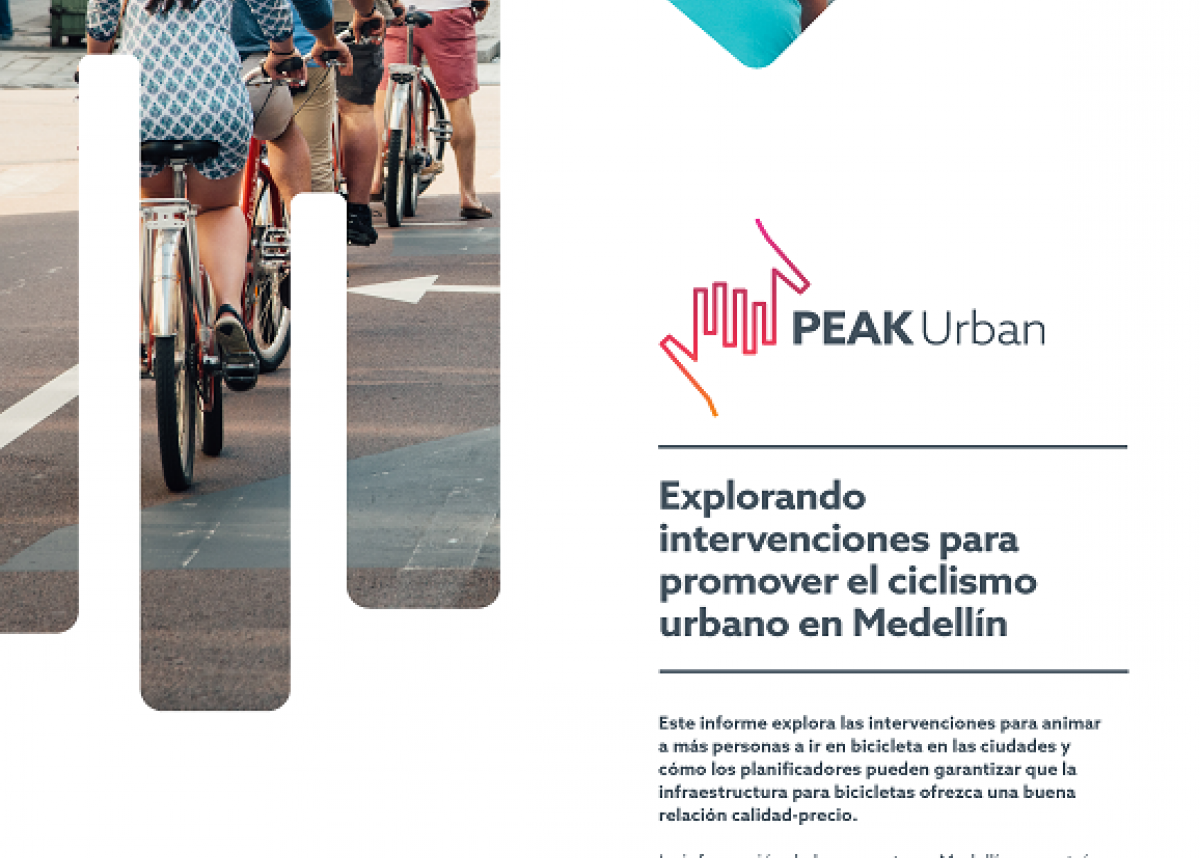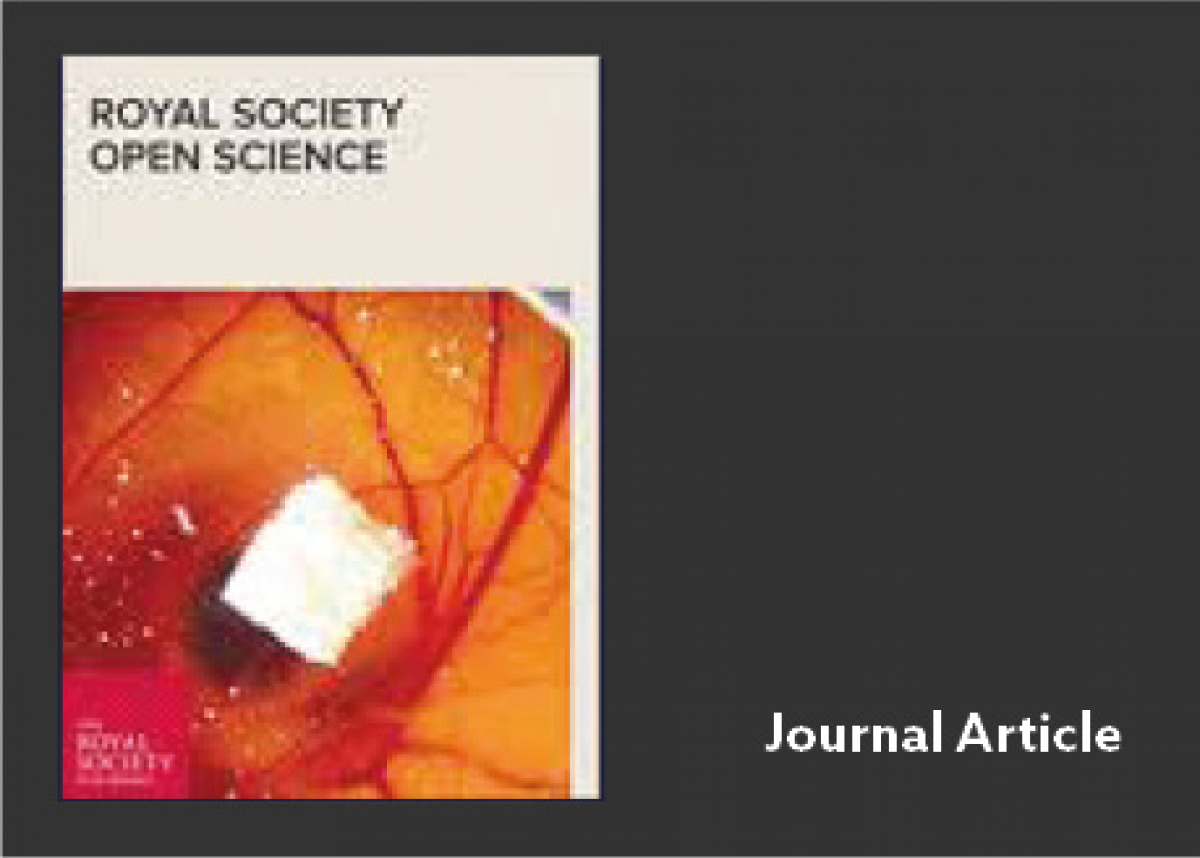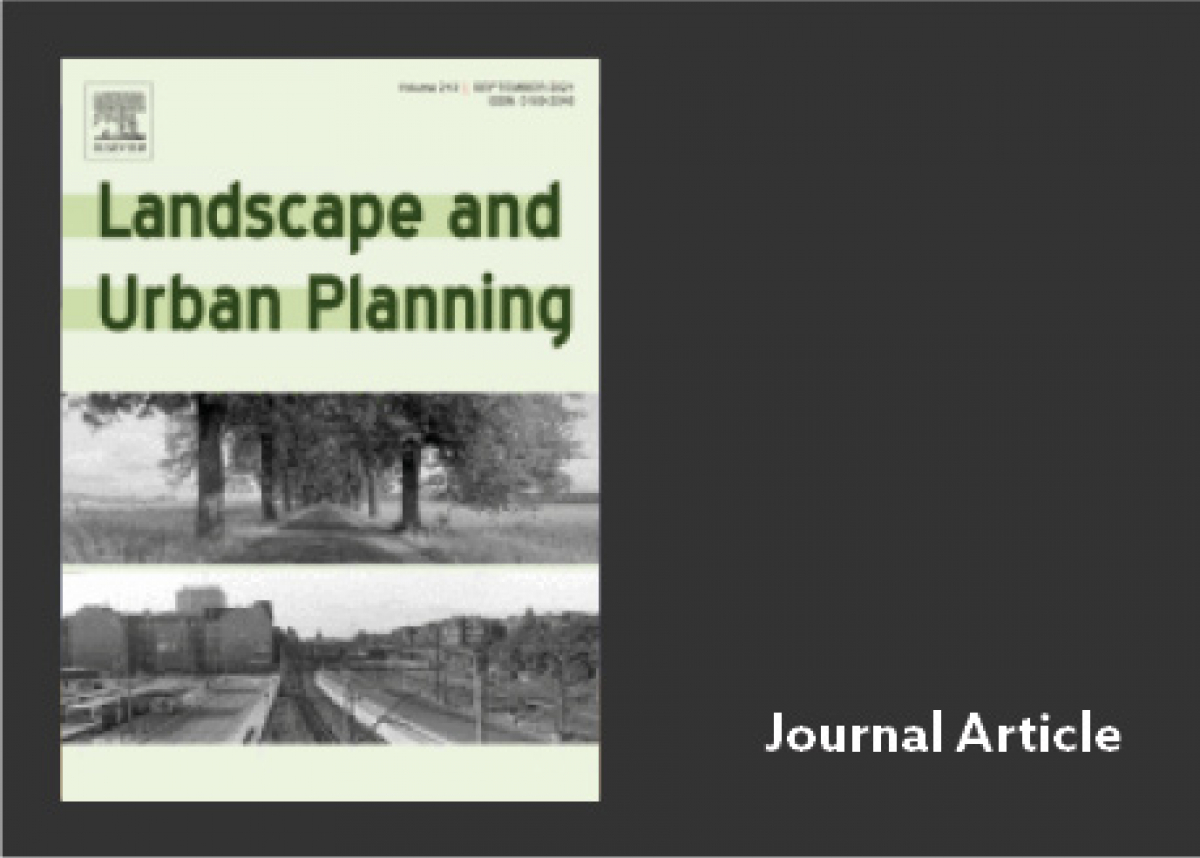
Quality of life, health, and government perception during COVID-19 times: Data from Colombia
This analysis presents data collected through an online survey about the quality of life, health, subjective wellbeing, and government perception in four cities in Colombia during the COVID-19 crisis.
Four universities and a local newspaper promoted the survey to assess how the pandemic affected the population's quality of life in a broad range of social and economic aspects. Respondents were adults (+18 years old) living in the largest Colombia cities: Bogotá, Medellín, Cali, and Barranquilla, totaling 1637 complete observations. Researchers used snowballing sampling strategy, social networks, a web page, and an advertisement in the partner newspaper for data collection.
This data set helps to conduct social research and policy reports about the consequences of the pandemic. The data enclosed in this paper includes socio-economic variables, income reduction, employment, household composition, teleworking, indebtedness, physical and mental health, physical activity behavior, subjective wellbeing, affective and communal relationships, institutional trust, and perception of government performance during COVID-19.
We aim at contributing to a better understanding of the consequences of the pandemic in Colombia and general in the Global South through the collection and dissemination of data for academic and policy purposes.





